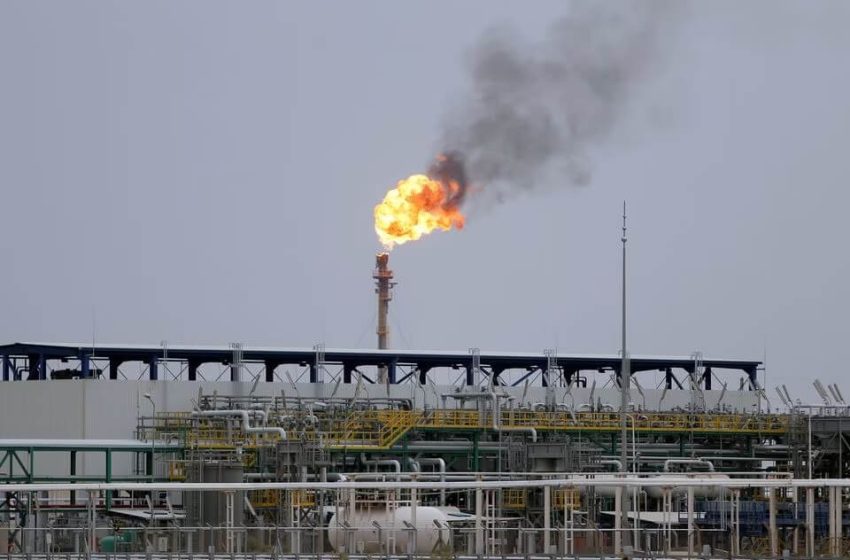Iraq’s oil export revenues in April exceed $7.6 billion

Al-Zubair oil field near Basra, Iraq. Photo: Reuters
Baghdad (IraqiNews.com) – Iraq’s oil export revenues for April exceeded $7.69 billion USD, according to an official statement.
The Iraqi Ministry of Oil mentioned on Sunday that the country exported more than 98.6 million barrels of crude oil during April from oil fields in central and southern Iraq.
According to final statistics issued by the State Organization for Marketing of Oil (SOMO), oil revenues reached nearly $7.7 billion.
Iraqi oil exports were loaded by 36 international companies from ports on the Arabian Gulf and through the Turkish port of Ceyhan.
The total exports of crude oil during March exceeded 100.9 million barrels, with revenues slightly exceeding 7.5 billion USD.
Earlier this month, oil exports were resumed from the Kurdistan region of Iraq through the Turkish port of Ceyhan, more than a month after they stopped, and after Baghdad and Erbil reached a settlement on this issue that worsened relations between the two sides for years.
For years, the autonomous region was solely exporting oil through Turkey, but Ankara closed the pipeline extending from northern Iraq to the port of Ceyhan last March after Baghdad won an international arbitration case against Erbil, preventing the Kurdistan Regional Government (KRG) from exporting oil without obtaining the approval of the federal government in Baghdad.
Later, the federal government and the Kurdistan region reached an agreement that gives Baghdad the right to fully manage Kurdistan’s oil, so that sales are made through SOMO while the region’s oil revenues are deposited in a bank account at the Central Bank of Iraq (CBI).
The relationship between Erbil and Baghdad has witnessed continuous disputes since 2003 over several issues, the most important of which are oil exports from Kurdistan, the region’s imports through border crossings, and the share of the Kurdistan region in the country’s budget, in addition to the so-called ‘disputed areas’ between both sides.
